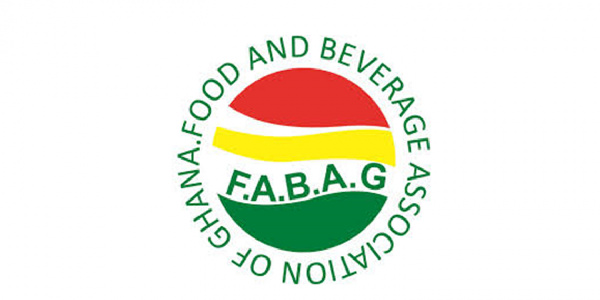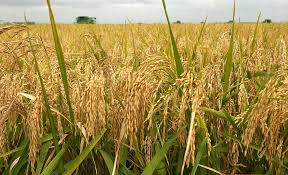
The Food and Beverages Association of Ghana (FABAG), the national trade association of the food and beverage industry in Ghana, representing manufacturers, importers, wholesalers and retailers believes Ghana can successfully ban the importation of rice products by 2022 however it needs to make some critical interventions in the sector.
The General Secretary of the Association, Samuel Aggrey in a Citi News interview said one of the critical areas that government must focus its attention on is the provision of silos to promote mass storage of harvested rice.
He said without such a measure, Ghana may still need to depend on imported rice in the next 10 years since it will not be rice sufficient.
“[A ban] is possible but we need to put in place so many interventions. The issue of silos is most critical. If we don’t have those once in place, I beg to say that even in 10 years we will not be rice sufficient. What we do is that, we produce to consume so in between the period that we consume the rice, and we are exhausted do we have to wait for the next harvest? We are supposed to have about three or four harvests stored. Once that is done, we will be releasing it as and when we need it. When we do it, then we know that we have intervened with the situation that we used to have in solving the problem,” he said.
He added that other support programmes must be started to support local rice producers.
The government earlier this week announced that, it plans to ban the importation of rice by 2022 to boost local rice production.
Deputy Minister of Food and Agriculture, Kennedy Osei Nyarko who gave the hint said, the move is to reverse the significant amount of the foreign rice consumed by Ghanaians.
President of the Importers and Exporters Association of Ghana, Sampson Asaki Awingobit warned that although the ban on the importation may be helpful to the country in the near future, measures should adequately be put in place to ground its implementation in the long run.
“Government cannot use a short or medium-term to solve this issue in the country looking at the amount of money that we are spending to bring rice in this country. The country can be looking at a long term solution. But from now, giving ourselves 2022 is not a solution if government bans the importation.”
The struggles of rice farmers have been relayed by Citi News reports and a subsequent campaign started by Citi FM’s CEO, Samuel Attah-Mensah, urging Ghanaians to consume locally grown rice.
The development has seen huge quantities of rice at the risk of going waste at the Fumbisi and Gbedembilisi rice valleys in the Builsa South District of the Upper East Region.
As part of more immediate measures to tackle the problem, the Ministry of Food and Agriculture has been meeting with 20 major rice importers to solicit commitments to support rice production in the country.
In line with this, the Ghana National Buffer Stock Company also said it will make its licensed buying companies to purchase all rice produce going bad.





